Though anyone may have their personal thoughts on which is the best, the Marvel Ultimate Alliance games are all quite different for at least a few reasons between each installment. The original Marvel Ultimate Alliance is a bonafide classic to many and features a wealth of witty, lovable charm, including trivia consoles in each act. The sequel thankfully reprised trivia, but Marvel Ultimate Alliance 3: The Black Order is a completely different game in many ways. If Marvel Ultimate Alliance finds some means of coming back after a couple of dicey lapses and wishes to capture the original’s lightning in a bottle, trivia should be a high priority.
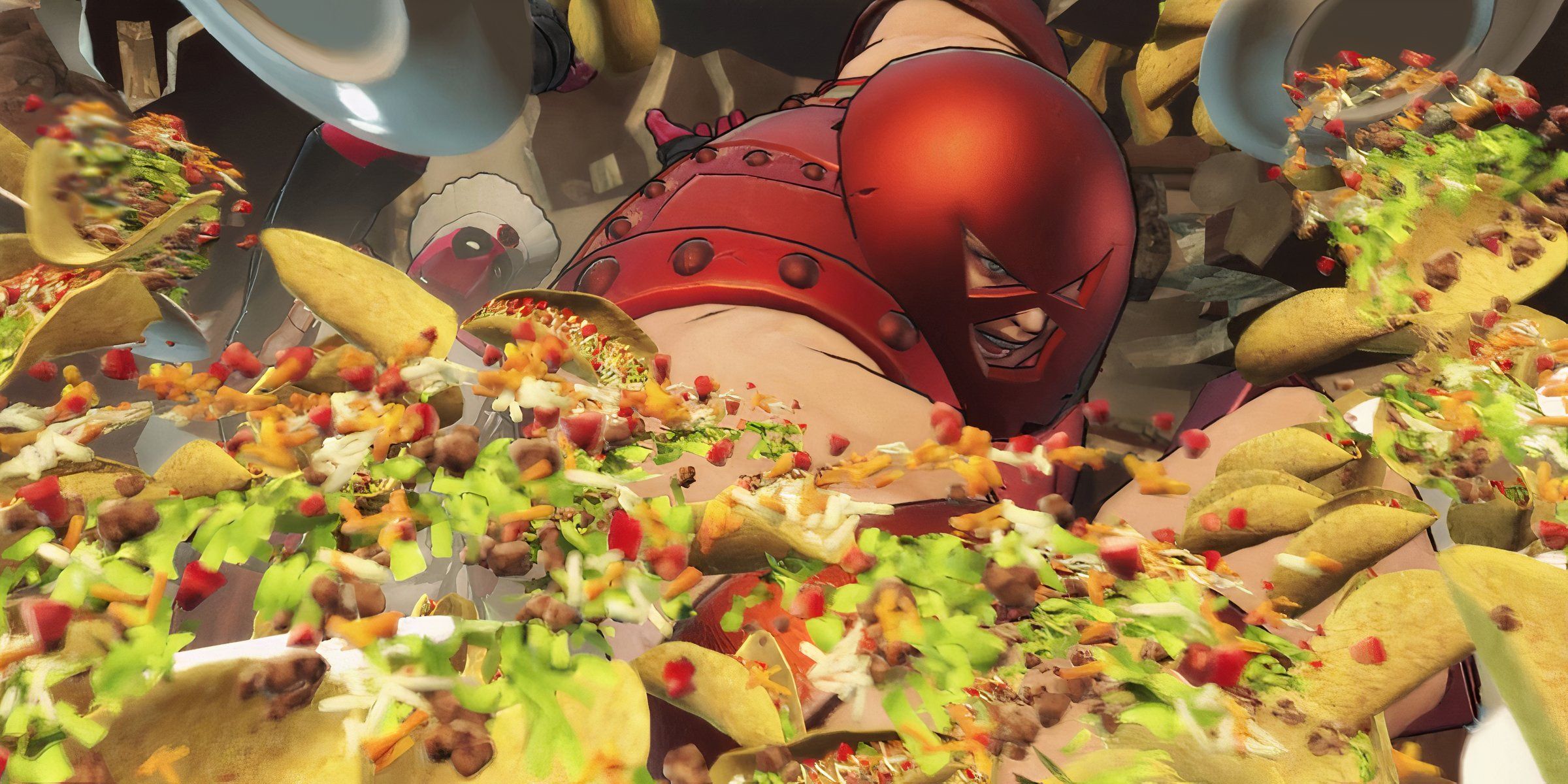
Related
Marvel Ultimate Alliance’s Future Has a Franchise-Defining Decision to Make
If the Marvel Ultimate Alliance series is exhumed once more, one monumental aspect of its RPG sensibilities must be carefully reconsidered.
Marvel Ultimate Alliance’s Lore-Infused Trivia was a Wonderful Staple
Marvel Ultimate Alliance’s trivia is as far-reaching and inclusive as its numerous settings, dipping into general Marvel trivia at Stark Tower, Doctor Strange-themed trivia at the Sanctum Sanctorum, Thor-themed trivia in Asgard, and Inhuman-themed trivia in Attilan. Trivia in Marvel Ultimate Alliance 2 is odd, especially if the first and second games are played back to back, as it is largely generic.
The sequel’s trivia asks players bewilderingly easy questions like what the true identities of characters as ubiquitous and popular as Spider-Man or Captain America are, and the argument could be made that anyone playing the sequel probably played the first game or has at least a basic level of Marvel knowledge. Plus, some of the questions Marvel Ultimate Alliance 2’s trivia asks are literally stripped from the first game and therefore not at all as creative as they should’ve been, especially for players who were hoping to have their lore comprehension tested further.
If anything, Marvel Ultimate Alliance 2 needed to be the advanced examination following Marvel Ultimate Alliance’s training wheels, and instead it copied its predecessor’s homework and didn’t care enough to rewrite all of its questions so that it at least looked like its own penmanship. It’s doubly odd, then, that Act 4’s trivia is surprisingly a deep trove where Penance—both a playable roster character and an enemy mini-boss—is given some much-needed love. Still, Act 4’s challenging questions come too little too late with such elementary trivia preceding it.
Marvel Ultimate Alliance 3: The Black Order Controversially Left Hubs and Their Trivia in the Past
Marvel Ultimate Alliance 3: The Black Order features no trivia whatsoever, and its lack of hub worlds between acts keeps the game’s pace at a breakneck speed at the cost of immersion or rich character dialogue. Indeed, the threequel’s design as an ensemble beat-’em-up game doesn’t seem to have any obligation to honor its franchise legacy, abandoning a lot of what gave the two previous games their charm and identity as top-down dungeon crawlers.
It’s a sacrifice that is surely felt when trivia consoles play such a big role in immersing players into the lore of the Marvel universe they’re inhabiting and providing fun information about characters, settings, or events they might see or hear about in-game. It’s interesting because Marvel Ultimate Alliance 3: The Black Order draws unmistakable parallels to the MCU’s own overarching plot and popularity, at least in its base game story campaign.
The Guardians of the Galaxy are front and center with players battling Ronan and Nebula in the introductory stage and the plot follows Thanos, the Black Order, and the Infinity Stones—all monumental characters and iconography featured heavily in MCU endeavors at the time. With Avengers: Endgame releasing in the same year, it was something of a convenient title to have launched.
Either way, if Team Ninja and Nintendo had doubled down and featured MCU-related trivia it could’ve been a neat way to bridge the Marvel Ultimate Alliance franchise’s comic book roots with how influential and dominant the MCU’s depiction of the Marvel universe had become since.
Marvel Ultimate Alliance is a Celebration of Comic Book Lore and Shouldn’t Forget It
To ignore how profoundly the MCU has impacted Marvel, even in its theatrical continuity, would be grossly ignorant and trivia dissecting its most obscure corners could’ve been a great way to reflect on it more than a decade later. The only issue is that such lore would’ve clashed with the lore presented in Marvel Ultimate Alliance 3: The Black Order and, since Marvel Ultimate Alliance isn’t literally a tie-in MCU game, it could’ve become horribly confusing as to whether it was trying to be one or not.
Rather, The Black Order is the best of both worlds without trivia to cement it in either, and not having trivia altogether arguably allows its blatant MCU parallels to be more seamless or forgivable—let alone more enjoyable. Now, any trivia following Marvel Ultimate Alliance 3’s complete lack of trivia would be a sight for sore eyes. The series may have stumbled and lost its way, but The Black Order is less of a skewed iteration of beloved RPG mechanics and more of its own new path forward in a contemporary era.
Therefore, there would undoubtedly be players who are disappointed if a new Marvel Ultimate Alliance game was to adopt the original game’s sentimentality or design. Still, lore-rich trivia should undoubtedly have a place in the franchise’s future—actual hubs, in-depth NPC conversations, and narrative-shattering side quests could simply be the cherry on top of a possible sundae hoping to restore and preserve what made Marvel Ultimate Alliance one of the best Marvel games in the first place.
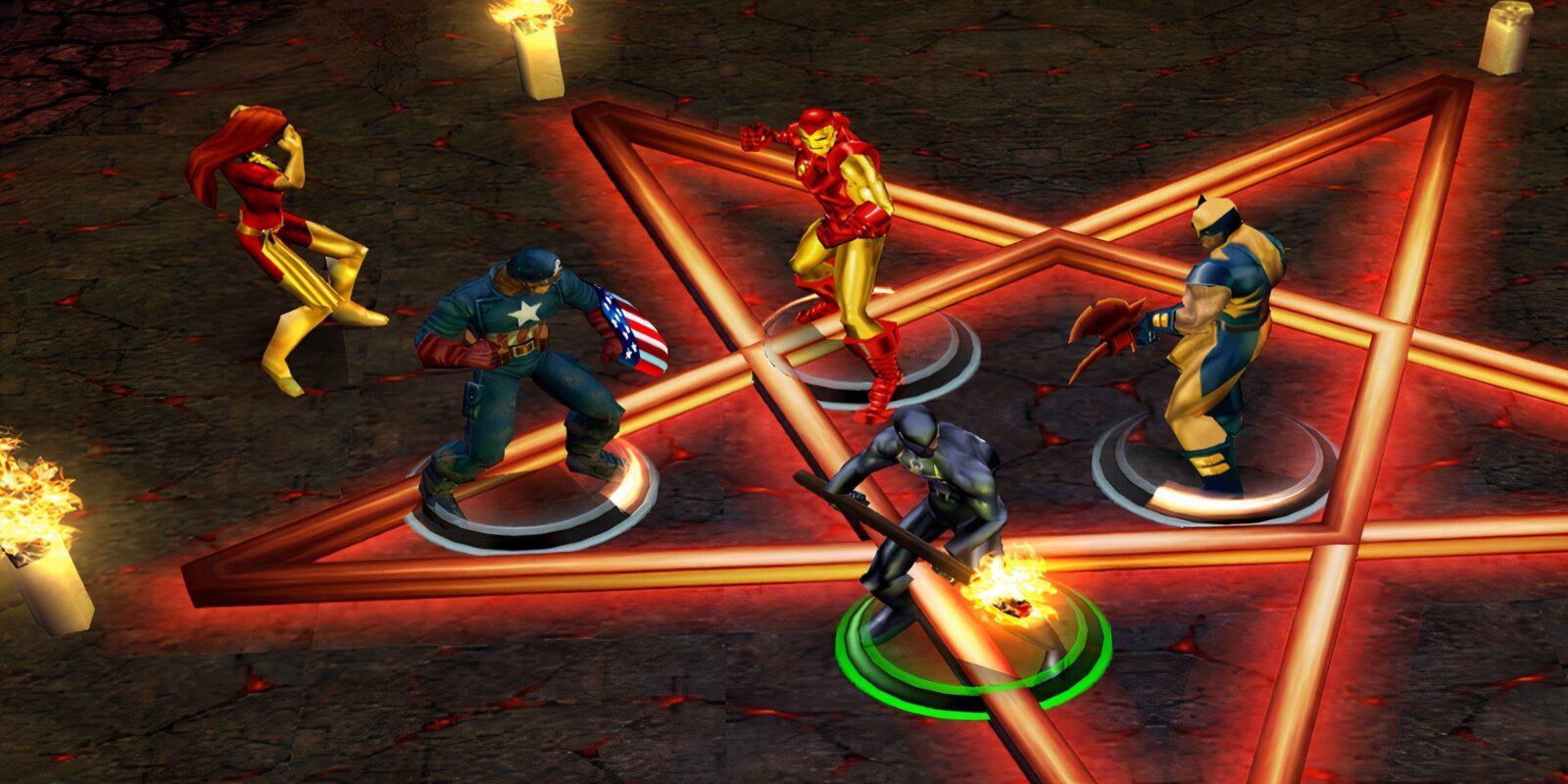

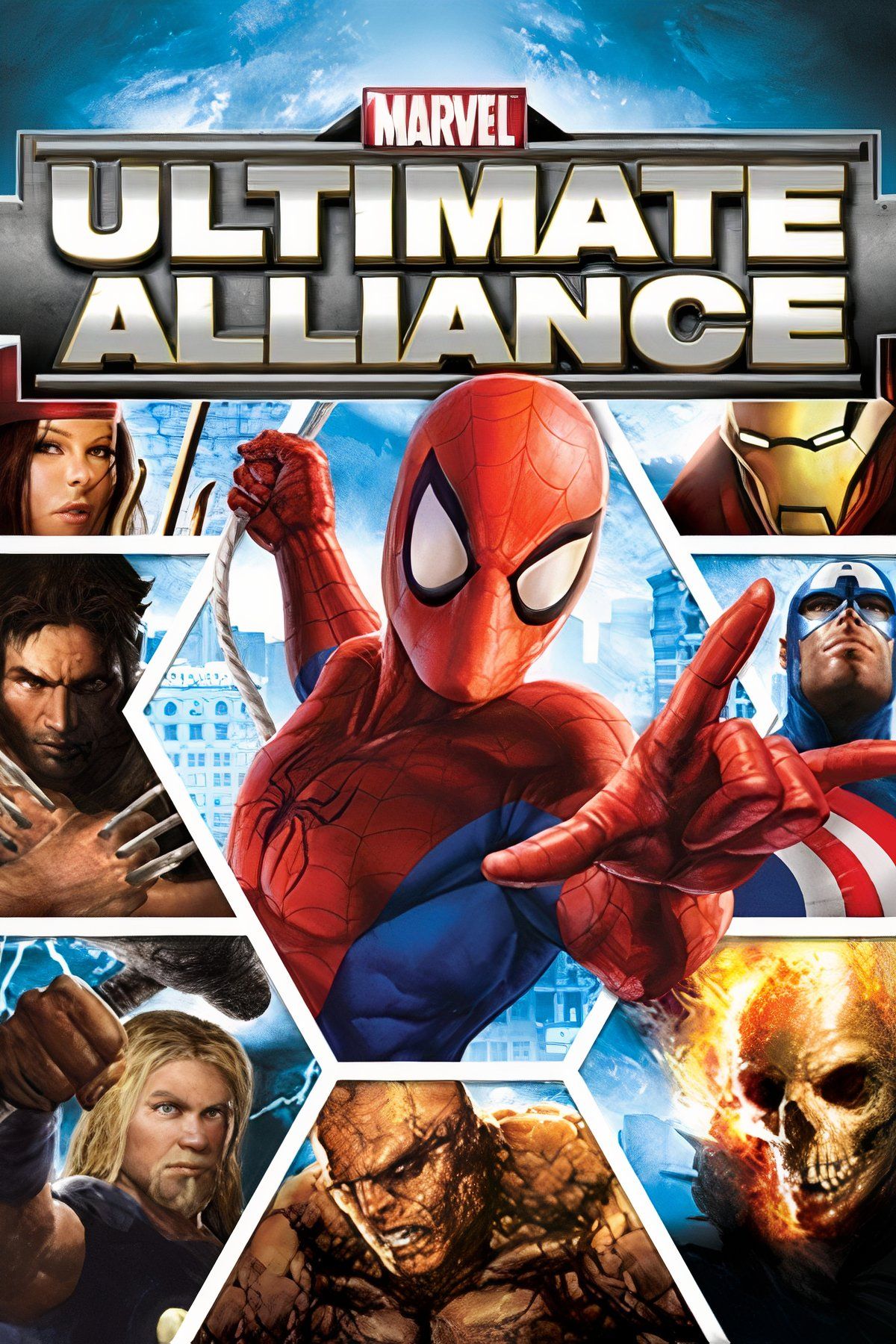

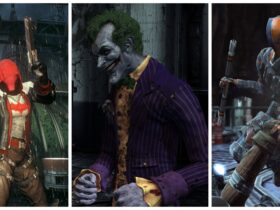


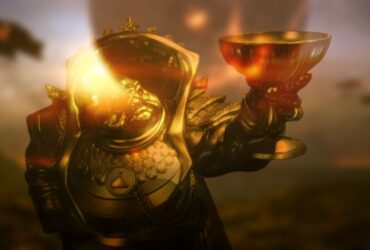

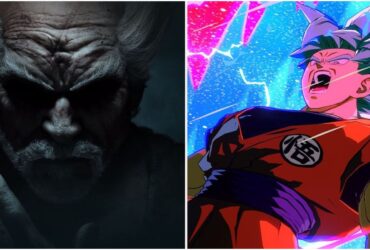


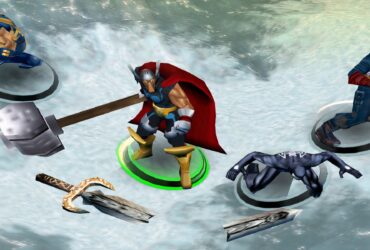
Leave a Reply